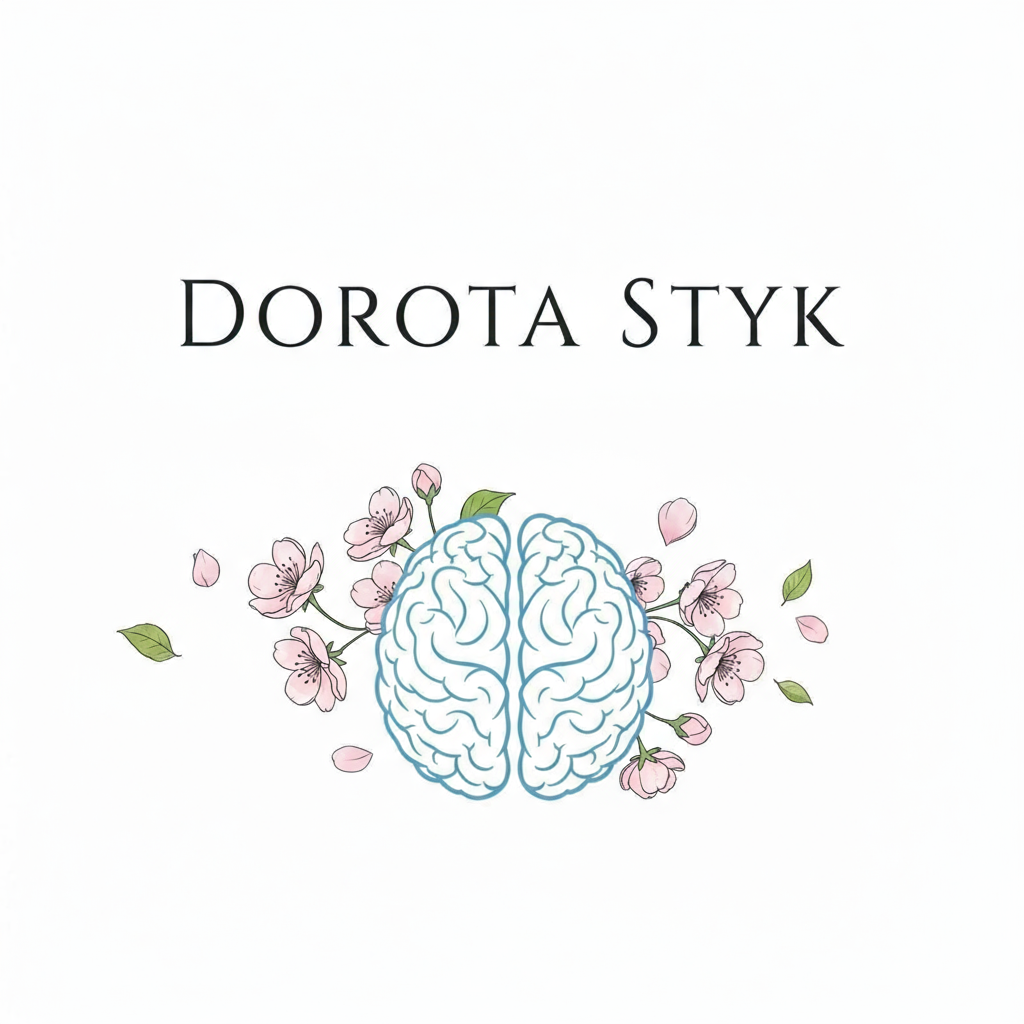Preps: the Working Memory Discussion Meeting, Parcevall Hall, 2026
by Dorota | Feb 19, 2026 | Presentations
[file][file]
ICAP 2026 Talk: Personalised, Gamified Working Memory Training: Machine Learning-Driven Adaptation ForCognitive Gains And Transfer Effects.
by Dorota | Feb 18, 2026 | Presentations
Personalised, Gamified Working Memory Training: Machine Learning-Driven Adaptation For Cognitive Gains And Transfer Effects Dorota Styk & Eddy J. Davelaar School of Psychological Sciences, Birkbeck, University of London An impact of working memory training (WMT)...
Protected: PhD: Methods
by Dorota | Feb 18, 2026 | PhD Research
Password Protected
To view this protected post, enter the password below:
Protected: S vs. HMM
by Dorota | Nov 6, 2025 | PhD Research
Password Protected
To view this protected post, enter the password below:
The Working Memory Discussion Meeting. Parcevall Hall.2025
by Dorota | Jun 25, 2025 | Presentations
[file]
7th International Festival of Neuroscience (BNA2025)
by Dorota | May 14, 2025 | Presentations
Åkerlund E, Esbjornsson E, Sunnerhagen KS, Bjorkdahl A (2013). Can computerized working memory training improve impaired working memory, cognition and psychological health? Brain Inj 27:1649-1657. Björkdahl A, Akerlund E, Svensson S, Esbjornsson E (2013) A randomized...
SR: Magnitude of the transfer
by Dorota | Jan 19, 2025 | PhD Research
[file]
4th IThe 4th International Conference on Working Memory
by Dorota | Jun 30, 2024 | Presentations
Åkerlund E, Esbjornsson E, Sunnerhagen KS, Bjorkdahl A (2013). Can computerized working memory training improve impaired working memory, cognition and psychological health? Brain Inj 27:1649-1657. Björkdahl A, Akerlund E, Svensson S, Esbjornsson E (2013) A randomized...
